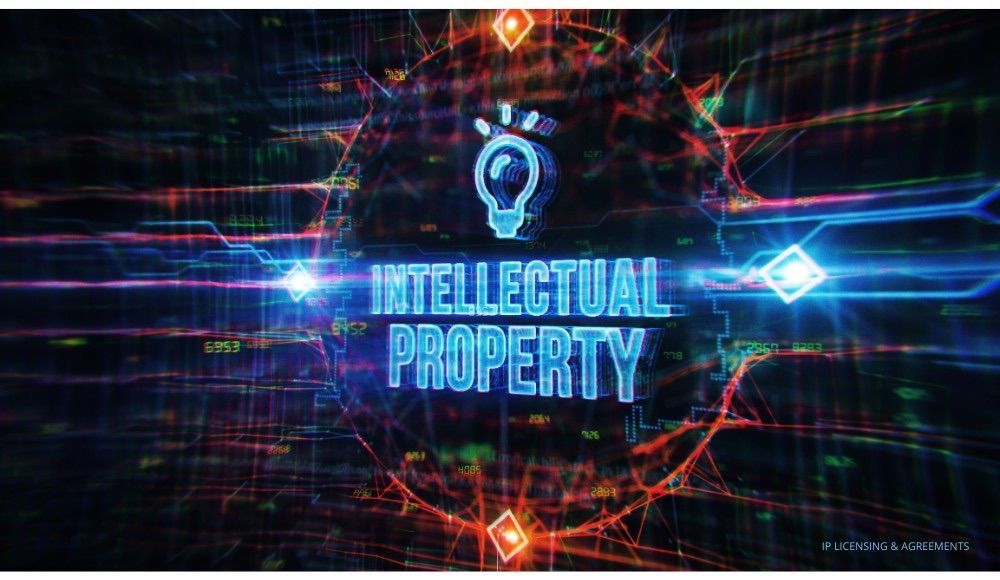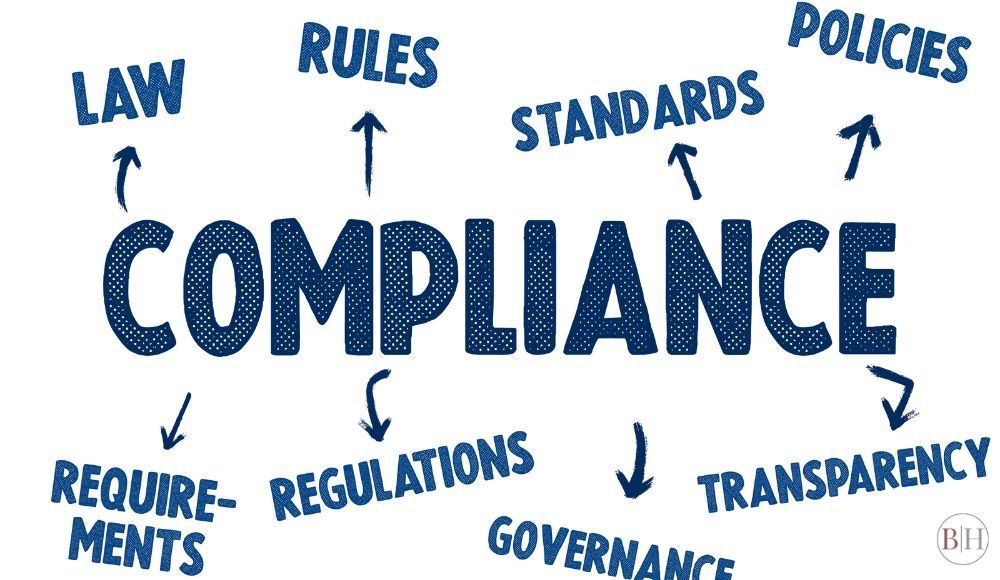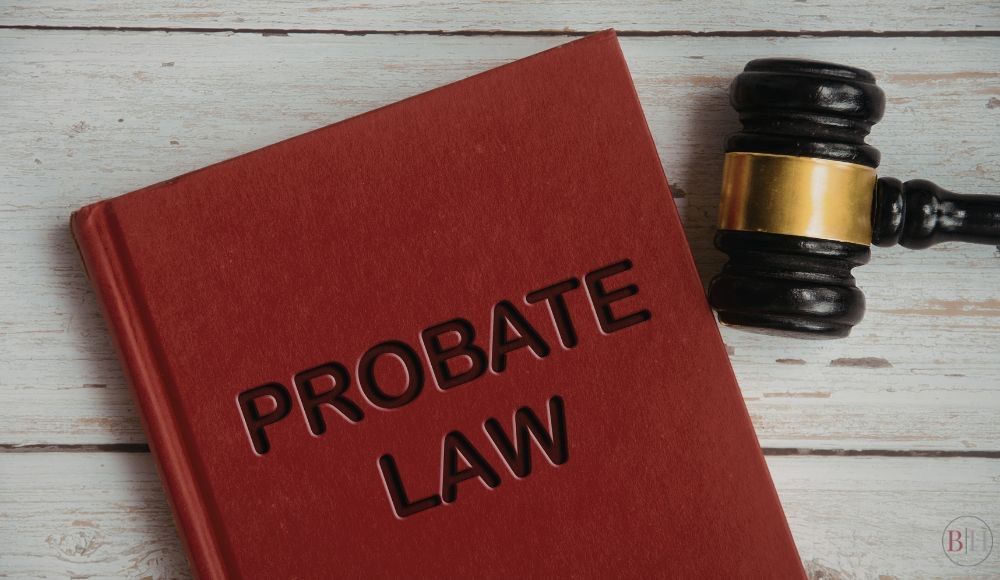Corporate Intellectual Property Licensing and Agreements

Corporate intellectual property (IP) licensing and agreements are legal frameworks that govern the use, ownership, and transfer of intangible assets such as patents, trademarks, copyrights, and trade secrets. These contracts are essential for businesses to protect their innovations, monetize their IP, and manage relationships with third parties.
Negotiation and Drafting of Intellectual Property Licensing Agreements for Corporate Clients
Negotiating and drafting IP licensing agreements involves creating contracts that permit a licensee to use an IP owner's rights under specific conditions. Initially, parties identify the IP assets and key terms, including scope of use, duration, geographic reach, and financial arrangements like royalties or fees.
Negotiators ensure that the agreement reflects both parties' interests and complies with relevant laws. Drafting requires clear, precise language to prevent ambiguities and outline obligations, rights, and remedies. Legal teams often collaborate to address confidentiality, indemnities, and termination clauses. Thorough due diligence ensures the protection of assets and the mitigation of potential risks.
Protection of Corporate IP Assets through Licensing, Franchising, and Joint Venture Agreements
Protecting corporate IP assets helps businesses maintain a competitive advantage. Licensing agreements allow a company to grant permission for others to use their IP under predefined terms, generating revenue while retaining ownership and control. Licensing helps protect proprietary technologies and brand identity by establishing clear usage boundaries.
Franchising uses trademark protection by permitting franchisees to use a company's brand, operating methods, and products according to stringent guidelines that protect the brand's integrity and market reputation.
Companies collaboratively develop and exploit IP through joint venture agreements, sharing resources while delineating ownership, rights, and responsibilities. These agreements outline the transfer and termination of the IP, safeguarding against unauthorized use. Comprehensive clauses in these contracts address confidentiality, IP enforcement, and dispute resolution, offering complete protection of IP assets and fostering sustainable business partnerships.
Enforcement of IP Rights and Remedies for Breaches of Licensing Agreements
Corporations protect their assets by enforcing IP rights and quickly addressing breaches in licensing agreements. If a licensee violates the agreement terms, the licensor can enforce rights through various legal remedies.
Initially, the licensor might issue a "cease-and-desist" letter seeking a resolution without litigation. However, if the issues persist, mediation or arbitration offers more formal dispute resolution methods while preserving business relationships.
Legal action in court may become necessary for severe breaches, potentially resulting in injunctions to stop the unauthorized use, monetary damages for lost revenue, or statutory damages, if applicable.
A well-drafted licensing agreement, with straightforward terms regarding permitted use and breach consequences, strengthens enforcement efforts. It includes provisions for termination rights, indemnification, and specific performance. Safeguarding a company's IP rights ensures licensors maintain control over their assets, upholding brand integrity and ensuring continued revenue streams.
Hire an Experienced Law Firm for Help with Corporate Intellectual Property Licensing and Agreements
The experienced team of corporate attorneys at Bingaman Hess will work with you to assist you in navigating the complexities and challenges of corporate intellectual property licensing agreements.
With offices in Wyomissing, Kutztown, Harrisburg, and Media, we help clients in a broad range of counties to achieve their goals and turn their business aspirations into reality.
Contact us and get started with a comprehensive consultation.
This article is for informational purposes only and does not constitute legal advice. No one may rely on this information without consulting an attorney. Anyone who attempts to use this information without attorney consultation does so at their own risk. Bingaman Hess is not and shall never be responsible for anyone who uses this information. It is not legal advice.









